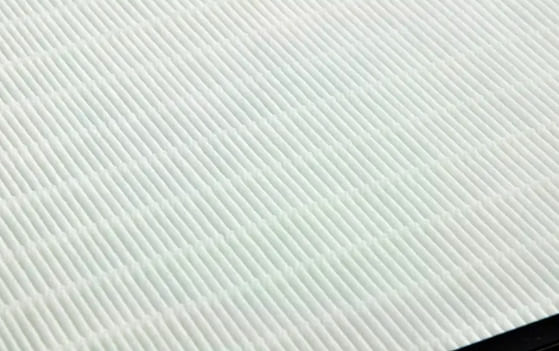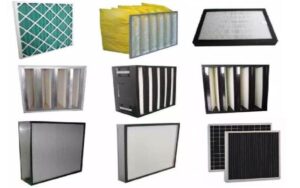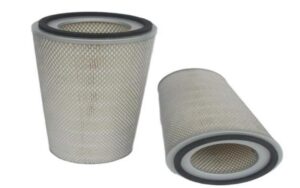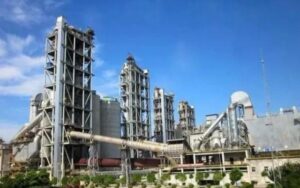High-Efficiency Particulate Air (HEPA) filters are renowned for their ability to remove minute particles from the air, but the terminology surrounding them can be confusing. This article delves into the distinctions between HEPA and true HEPA filters, explores the existence of counterfeit products, and highlights the importance of certified filtration systems in combating airborne contaminants, including viruses like COVID-19.
What Sets True HEPA Filters Apart from Standard HEPA?
HEPA filters are designed to remove 99.97% of particles that are 0.3 microns in size, a standard set by the U.S. Department of Energy (DOE). This efficiency makes them crucial in environments requiring stringent air purity. However, in the consumer market, the term “true HEPA” has emerged, leading to some confusion.

The Gap in Certification
While the DOE certifies HEPA filters for government and military applications, this certification isn’t available for consumer products. Manufacturers of residential air filters rely on industry-standard testing and independent certifications to validate their products. The term “true HEPA” is often used by these manufacturers to indicate compliance with DOE standards, even without official certification.
Navigating HEPA Terminology
Understanding the labels is key to selecting an effective air filter. Here’s a breakdown:
| Term | Description |
|---|---|
| HEPA Type/Like | Marketing terms without standardized performance metrics; effectiveness is uncertain. |
| UltraHEPA | Claims to capture particles smaller than standard HEPA filters, but lacks credible evidence. |
| Permanent HEPA | Washable filters that degrade over time; true HEPA filters are neither washable nor reusable. |
| HEPASilent | Uses electromagnetic charges; differs from mechanical HEPA filtration. |
| True HEPA | Indicates compliance with HEPA standards through independent testing and certification. |
| Absolute HEPA | Similar to true HEPA but claims slightly higher efficiency without reaching 100%. |
Are Counterfeit HEPA Filters a Concern?
Unfortunately, the market does contain filters that misleadingly claim HEPA-level performance. Filters labeled as “HEPA Type” or “HEPA Like” may not meet the stringent standards of true HEPA filters. It’s crucial for consumers to look for filters that specify 99.97% efficiency at 0.3 microns and provide evidence of independent testing or certification.
Tips for Identifying Genuine HEPA Filters
- Check for Specific Efficiency Ratings: Look for labels stating 99.97% removal of 0.3-micron particles.
- Request Certification Documentation: Reliable manufacturers should provide proof of independent testing.
- Beware of Vague Marketing Terms: Terms like “HEPA Type” without quantifiable data are red flags.
The Role of HEPA Filters in Combating COVID-19
HEPA filters have been recognized for their ability to capture particles that may contain viruses, including SARS-CoV-2, the virus responsible for COVID-19.
Expert Insights
Faye McNeill, a chemical engineering professor at Columbia University, explains that respiratory droplets expelled during breathing, talking, or coughing are typically a few microns in size. Even as droplets evaporate, the residual particles remain large enough to be effectively trapped by HEPA filters.
The Value of Investing in True HEPA Filters
For homeowners, installing a true HEPA filter can significantly improve indoor air quality by removing pollutants like dust, pollen, mold spores, and even airborne viruses.
Benefits for Health and Well-being
- Allergy Relief: Reduces allergens that can trigger symptoms.
- Asthma Management: Removes irritants that may cause asthma attacks.
- Enhanced Air Purity: Provides cleaner air, promoting overall health.
Considerations for Home HVAC Systems
Most residential HVAC systems aren’t designed to handle HEPA filters due to airflow restrictions. Instead, consider using portable HEPA air purifiers as an effective alternative.
Conclusion
Understanding the distinctions between HEPA and true HEPA filters is essential for making informed decisions about air purification. By choosing filters with verified efficiency and certifications, homeowners can ensure they are investing in products that genuinely improve air quality and contribute to a healthier living environment.






